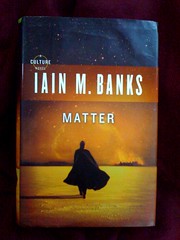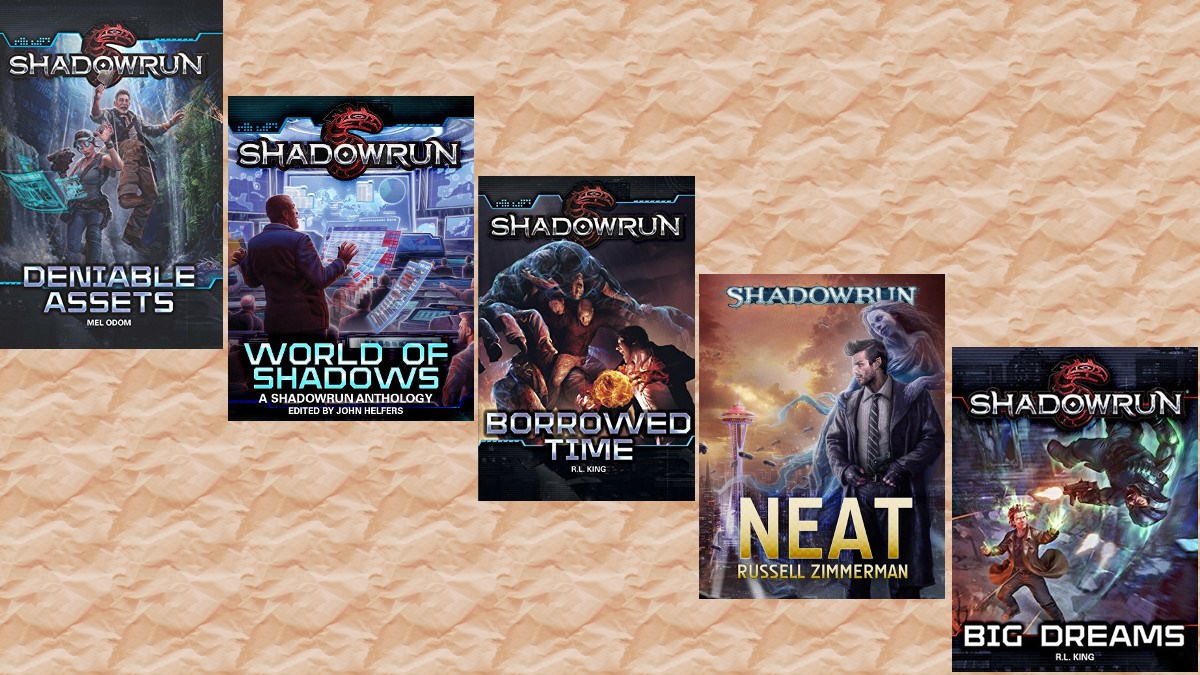
 Imagine a peaceful human-alien civilization has spread throughout the galaxy. Trillions of citizens live in harmony, wars are a distant memory, and science has progressed to godlike levels. For those in the technological pinnacle, even death is no longer a threat, as a person’s memories can be backed up and reinserted into a cloned body. A citizen’s height and weight can be altered, or sex changed at will. Even his or her species can be changed. Well, you’ve just imagined the Culture, the fantastic universe conceived by Iain M. Banks.
Imagine a peaceful human-alien civilization has spread throughout the galaxy. Trillions of citizens live in harmony, wars are a distant memory, and science has progressed to godlike levels. For those in the technological pinnacle, even death is no longer a threat, as a person’s memories can be backed up and reinserted into a cloned body. A citizen’s height and weight can be altered, or sex changed at will. Even his or her species can be changed. Well, you’ve just imagined the Culture, the fantastic universe conceived by Iain M. Banks.
Peaceful, sleepy civilizations do not make for epic storytelling, so Banks shows us the cracks in the Culture. In any society, inevitably some people are left behind, inadvertently or by choice. Some segments of the population possess only medieval technology, with swords, armor, horse-equivalents and primitive firearms. They are aware of the Culture but for them it is a mysterious and not terribly interesting phenomenon that has little bearing on their day-to-day lives. In Matter, Banks describes protagonists of this sort. They are the children of Hausk, the king of a low-tech level of Sursamen, a shellworld. (A shellworld is an artificial planet whose surface consists of several nesting spheres, creating a vast amount of real estate.) After the throne is usurped, word reaches the princess, Djan Seriy Anaplian, far away on Culture business as an agent for Special Circumstances, the most notorious black ops agency in the government. She has become a one-woman battlewagon, but is so far away that it’ll take months for her to return home. Her two brothers, one a bookworm and the other a playboy, are forced to adapt and grow stronger in order to survive the upheaval. Meanwhile, the usurper has discovered something unimaginably ancient and mind-bogglingly dangerous. In orbit, huge fleets lay in hiding, watching the proceedings.
By the time I’d read fifty pages, not only was I hooked, but I was sure Matter was this year’s Hugo award winner. It’s a dense, almost 600-page tome, but it starts quick and I was grabbed immediately. And Banks doesn’t go easy on you with the alien names and concepts. The fact that so much of the background info is difficult to parse, and yet the book is so readable, demonstrates Banks’ writing skill. The characterization is complex and unexpected, and the setting, despite its complexity, is totally consistent and believable. Banks has a gift for apt phraseology, especially the courtly speech of the principal characters. But it’s the subtle touches that make this setting so rich. In Banks’ universe, for example, AIs have quirky senses of humor. For instance, one AI-run space ship is called the Don’t Try This at Home. Another is Lightly Seared On The Reality Grill.
Banks has written seven novels in the cycle, beginning with Consider Phlebas in 1987. I haven’t read any other of these, and though I want to, I don’t feel like I missed anything by not having read them. Also, Banks has written a dozen non-genre novels.
Of all the books I’ve read of ultrapowerful galactic civilizations, this one does it best. Incredible tech and a huge scope, yet telling a very human story that stands out among the vastness. I’m definitely reading his other Culture books.


